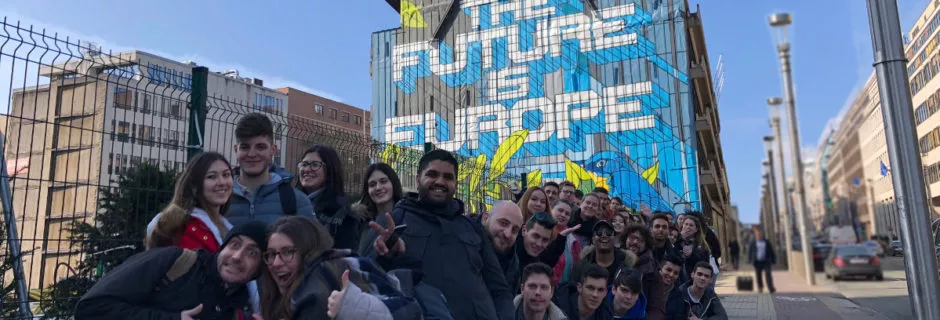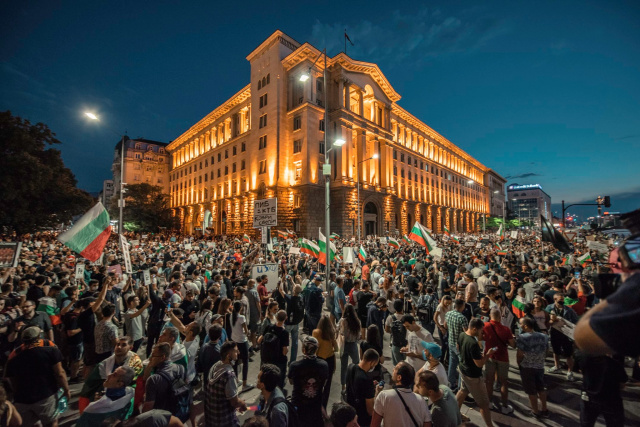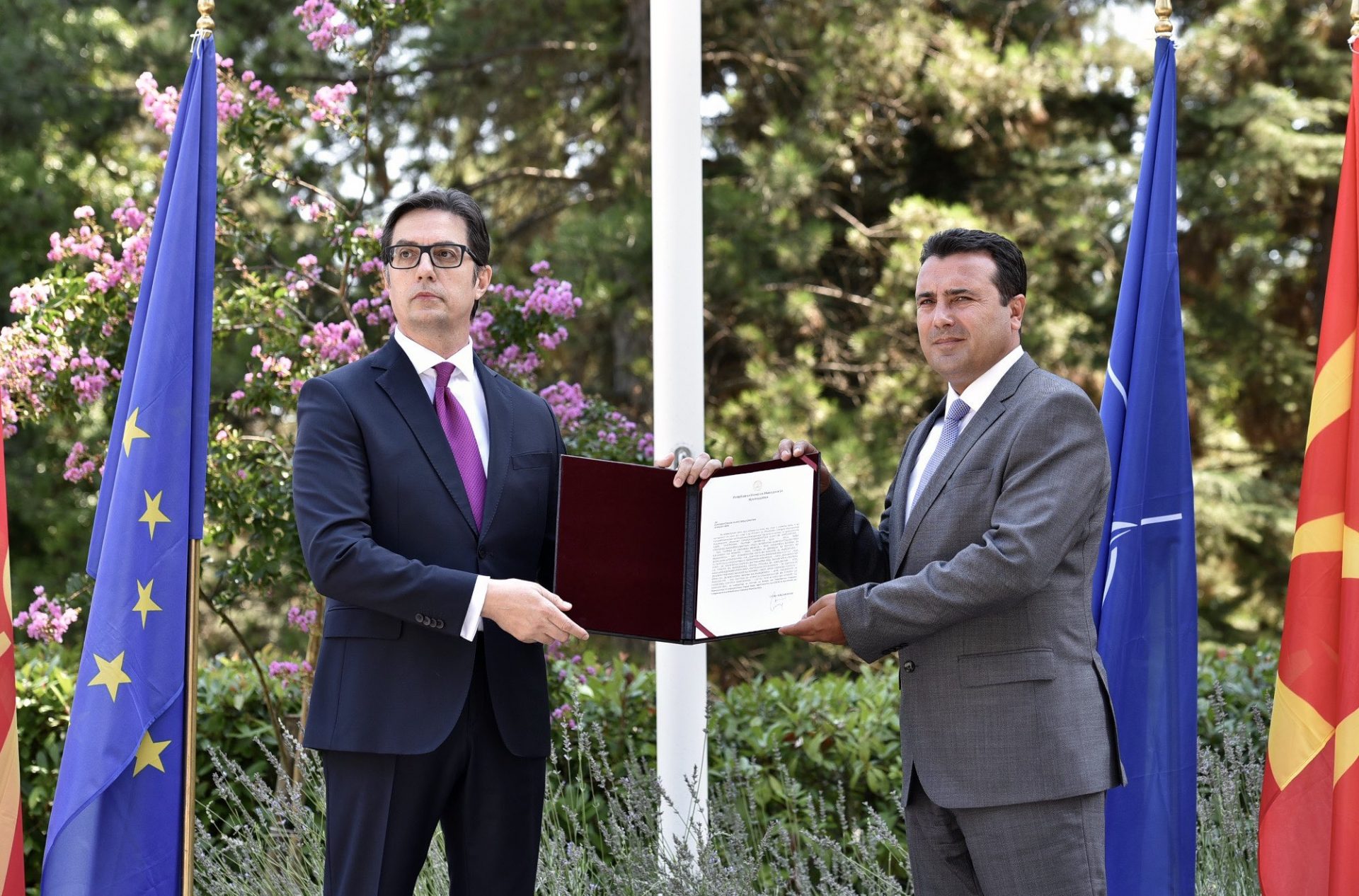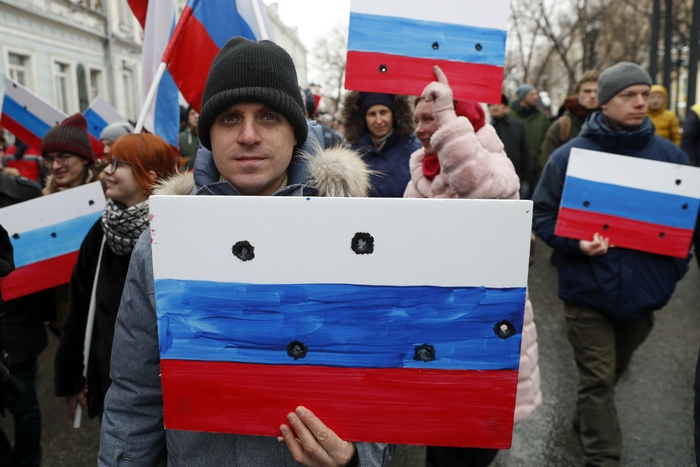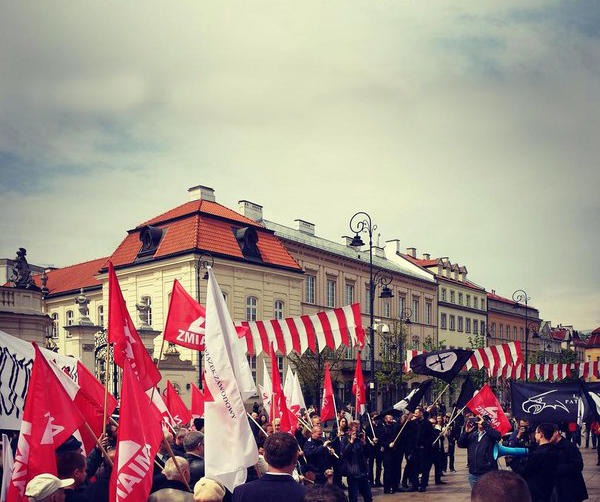
In recent months in almost all countries in Central and Eastern Europe, Russian networks of influence have come under heavy public scrutiny. Moscow’s networks of influence in many ways fit into one and the same pattern, albeit with some national specifics.
The main differences reflect the mix of state and non-state actors recruited by the Russian side through official and semi-official channels, including diplomatic channels, governmental institutions, oligarch-led business networks, media, the Orthodox church, intelligence services — the foreign intelligence service and its his civilian offshoots and the military intelligence agency, GRU — and cultural and information channels. The degree and nature of participation of indigenous sources — political parties, media, individual politicians and companies — also affect the varying natures of Russian networks of influence.
Where the Russian networks of influence in various CEE countries lack in local autonomous operational capacity, as has been the case in Poland, Moscow has vetted the creation of new parties and NGOs. In other EU member states, the Kremlin has opted to make proficient use of existing pro-Russian hybrid war assets, as in Bulgaria, Serbia and Montenegro, relying on existing indigenous pro-Russian parties, business and politicians.
Counterintelligence operations in Montenegro, Serbia, Hungary, Poland, Slovakia and the Czech Republic suggest that behind the revelations of Russian spy webs lies a concerted effort, a master plan and a coordination center. In rare instances Moscow has betted on a single or preferred ally, while opting for greater competition among local proxies in the CEE for access to resources and preferential use of Russian public and corporate networks in their national game plans.
The Kremlin’s efforts to influence and shape the CEE countries’ political landscape, in a way, is closely reminiscent of the way the Soviet Union acted. Recent revelations of Russian interference in the region, which become known to the general public, have all focused on the electoral process, including selection of candidates and promotion of favorites during election time, often with the direct support and participation of Moscow-based political engineers and consultants.
As discovered in the failed coup attempt in Montenegro, the Kremlin’s direct involvement is kept to the sanitary minimum with the bulk of the work and the front end of the operation delegated to local stooges’ networks. This system is programmed to limit damages in the event of unwarranted disclosures; the two purported GRU agents were quickly retracted and sank in anonymity and impunity back in Russia. The weapons arsenals and modern communication equipment found, as well as the long track record of Russian instructors in training local paramilitary nationalist formations, speak volumes for the depth of dedication and scale of an operation that could hardly fool anybody.
It is hardly a secret anymore that during the transition period Russian special services widely used Russian organized crime to penetrate and utilize the asset base and power of indigenous criminal networks in all CEE countries.
In Russian policy, this grand scheme and systematic effort go far beyond the scope of influencing individual Central and Eastern Europe countries and into a strategy aimed at influencing and undermining the European Union. There are visible contours everywhere of an identical geopolitical matrix ultimately aiming to restore the old spheres of influence at CEE level, electing state and political leaders who would be willing to accommodate Russian interest into their national EU and NATO paradigm.
A common thread runs through the stories of the discovered weapons arsenals — in Hungary, found at the home of the leader of the Hungarian National Front; in Montenegro, an attempted coup and assassination attempt against Prime Minister Djukanovic; in Serbia, near the residence of Prime Minister Vucic — with all police and counter intelligence services ruling out any relationship to international terrorists cells and the Islamic state. More importantly, the finds made do not match the routine operational footprint of domestic criminal gangs.
In the case of the arms cache in Hungary, a policeman was killed and as in the other instances, the case had nothing to do with trivial distraction news items — the threat of refugees or terrorism.
Particularly worrisome is the overlay of the news of the arms caches with that of the purposefully-nurtured-in-the-media perceived risk of terrorist threats by circles willing to dampen the arms depot news story into a lake of hearsay.
After the terror attacks in Paris, stories linking terrorists to arms supplies and training in Serbia, Bulgaria and other Balkan countries went almost viral. Similar ‘virtual reality news’ was even covered by Bulgarian National Television, besides a plethora of international media.
Yet on the ground, the real life news wire could not be more different. Hungarian websites have kept informing on real stories of Russian diplomats assisting far-right groups in the Hungarian National Front, as well as GRU instructors training their paramilitaries.
The same Hungarian neo-Nazis have been used by Russian political navigators for arranging disinformation campaigns and fake news alleging that Hungary has been supplying Ukraine with tanks — an operation that Hungarian media attributes to Russian intelligence.
In Bulgaria a similar case was reported in the media; an owner of a local Russia proxy site was exposed for “creatively leaking” a story on the eve of the March 3rd national holiday. The story claimed that the government had invited Turkish President Erdogan, the representative of the oppressor Ottomans, to the commemorative celebrations at Mount Shipka, while sparing the same ‘honor’ to President of the Russian nation – the liberator.
In each of the above instances over the past three years, a well-developed web of anonymous sites has generated and amplified fake news with mutual referrals building up the capacity of Russia’s propaganda and information assets on CEE countries’ turf.
I’m not an expert in covert operations, but there is a strikingly identical pattern visible in the cases in Podgorica, Belgrade, Budapest and events in Bulgaria, including the discovery of the arms depots in Sofia — Gorublyane — and in Stara Zagora.
It is equally strange that in the Bulgarian case the authorities chose to relate these private weapons arsenals to drug dealers and more remotely to unnamed traders that potentially could serve terrorist cells. These interpretations sound unconvincing and as understatements as neither the type of the weapons, nor the quantities found, meet the typical profile of local organized crime in Bulgaria, much less the history of of involvement of the Bulgarian criminal world figures in international terrorist networks.
Even more illogical seems to be the alleged link between the weaponry found and the refugee threat, which translates into a “higher risk” of terrorism, unless this fits into a game plan of some intelligence services that use this mantra to cover up its own activities. The inclusion of the ‘Afghans’ element is hardly more convincing, not because it is hypothetically impossible to be accounted for, but it strangely builds on a local crisis with the role of illegal Afghan immigrants in a brawl at a local refugee center, hyperinflated to adopt a greater geopolitical or international terror connotation.
An equally plausible explanation of the arms caches found, which is worth investigating in some depth, is their potential use for operations inside Bulgaria, similar to the use suggested in investigations in Montenegro and Serbia, i.e. by extremists and paramilitary formations aimed at destabilizing the country. Although speculation on national security issues is counterproductive, a wider and more open look into the various scenarios is more than warranted.
The growth of influence of the Russian special services among paramilitaries in the Balkans can hardly be overestimated. They skillfully blend eligible nationalist goals — protecting the population against ‘new waves’ of refugees and radical Islam — while upgrading and creating structures and capacities that can be used to block NATO’s defensive military operations aimed at confronting aggressive policies of Russia.
A campaign along such lines has been tacitly launched by these informal Russian webs of influence against Bulgaria’s commitment to a joint air-policing and NATO fleet in the Black sea, drawing red lines for what the country might engage in and what is not allowed by Moscow. This questions the overall will and capacity of Bulgaria to participate in joint strategic planning and operations for collective defense.
In more recent times the activities of Russia in supporting paramilitaries and their leaders in Bulgaria have been associated with fanning refugee hysteria, which gradually permeates with more elements of candid critique of the EU and NATO and open calls for a joint pan-Orthodox defense with Russia against the Western infidels — what constitutes in essence the equivalent of an Orthodox jihad against the West.
The level of Russia-West confrontation constitutes a new cold war, but there is the marked difference – the now classic Cold War had clear and inviolable demarcation lines and rules of engagement. Today the hybrid war is fought across nations and continents with no clear border lines with Russia deeply infiltrating the fabric of EU political systems and economies.
Moscow probably has fewer spies than at the peak of the Cold War, yet it does not need them as it relies on local parties and politicians in its information and propaganda efforts in EU and NATO countries. The rent-a-politician drive in the CEE has not ceased for a moment.
In Poland an investigation is under way concerning the leader of the left party Change (Zmiana) Mateusz Piskorski, as well as former activists of the far-right party Congress of the New Right (KNP) on charges of spying for Russia. The activity of these Polish activists on the territory of Ukraine in 2014 is being investigated, including operations aimed at artificially fueling hostile attitude of Ukrainians to the local Polish minority.
Formed in 2015, the Polish Change party is a classic example of a Russian initiated and funded political party that aims to gain wider public support for pro-Russian sympathizers, including for a personal adoration of Russian President Putin.
Such pro-Russian grafts on the political system in CEE countries cover the whole political spectrum — from the extreme left to the radical right.
Yet it has not been all “sun and roses” for Moscow in the region. For all their political parlance, the political elites in Balkan countries have failed to meet the Kremlin’s expectations and have resisted attempts to derail the process of integration within the EU and NATO. In spite of years of infiltration, billions of dollars spent and promises made by Moscow at all conceivable levels, even the countries perceived as most vulnerable, like Montenegro and Serbia, have managed to discern the threats and traps in Moscow’s hybrid plans and effectively neutralize them. A similar process has occurred in Bulgaria with some of the hidden attempts of Russian intelligence-led operations to infiltrate top decision makers’ circles being exposed in the brawl between the leader of the Bulgarian Socialist Party and the most senior Kremlin figure covering the Balkans — the director of the Russian Institute for Strategic Studies — with a ripple effect across the political scene.
It is difficult to presume how efficient the EU and NATO’s efforts will be at coping with Russia’s unprecedented hybrid information-propaganda assault and how strong and concise Brussels and EU member nations’ counteraction will be. But it is a fact that the countries in Central and Eastern Europe have significantly reinforced their individual and collective capacity to respond to external threats and to internal crises instigated by Russian proxies.
For however strong the dependence on Russia is, the vast majority of the populace and the political elite, when push comes to shove, is able to make the difference and the cost-benefit based choice in favor of Western institutions, values and integration models.
Starker evidence of Russia’s decline could hardly bring to the fore anything else but fresh cases of frustration at the Kremlin as it really and undeniably loses the CEE and the Balkans, regardless of the resources spent in the course of its hybrid war against the West.




